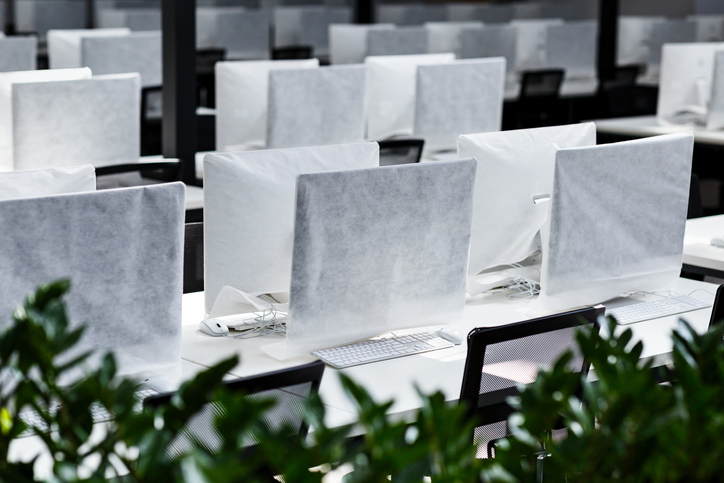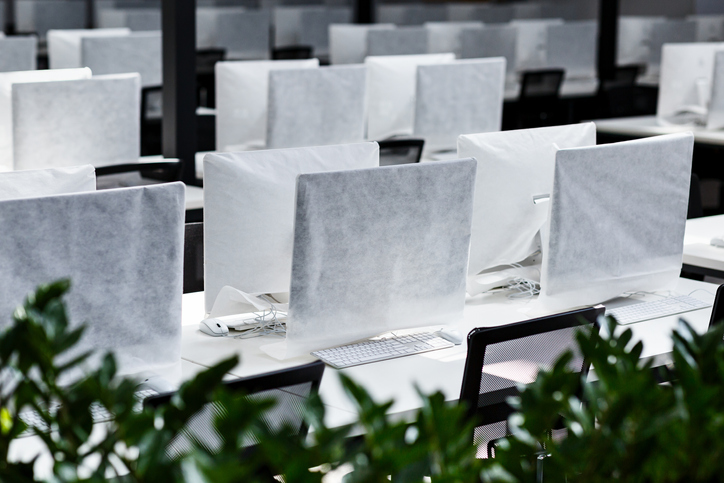COVID changes the world
Reading Time: 3 minutes5th October 2020 | Modified: 19th December 2022Categories: Tech News
There are many signs that the COVID-19 pandemic is fundamentally changing the world we live in today.

How we work, consume, enjoy entertainment and travel are all being re-assessed by governments, businesses and individuals. Some steps are totally new, and others are accelerating trends already apparent before the pandemic.
As soon as countries went into lockdown, numerous companies started restructuring their offices – often with a view to more long-term changes.
More remote working was at the heart of these strategies, and the tech sector led the way because it was already well-equipped with the necessary technology and know-how.
Twitter soon told employees that they could choose to work from home permanently and Facebook and Google said they would continue to allow employees to work from home for the rest of the year. OpenText has closed half its offices across the US, affecting 15 per cent of its employees and, in future, many new positions at the company will be advertised as ‘remote working-only’.
Martin Gill, at the leading research company Forrester, estimates that around half of UK firms now have the tools and technology they need to support effective remote working. An overwhelming majority want remote working to remain long term – or at least flexible working in some form. And he predicts that companies that can’t provide the kind of modern, forward-looking employee experience workers now expect will lose talent to those firms that can.
Workplace re-imagined
Research by accountancy giant PwC indicates that the majority of chief financial officers in leading companies are making plans which involve reimagining the workplace. Seventy-six per cent are considering new workplace safety measures and around 50 per cent say they’re planning to invest in making remote working a permanent option.
As for workplace configurations, the pandemic is already prompting real estate companies and architects to consider radical new arrangements. The open-plan office may become a thing of the past.
Cushman & Wakefield is testing its 6 Feet Office design in Amsterdam at a location which used to accommodate 275 people. Now it only serves 75 at a time. As restrictions reduce, the real estate company expects to start with 25 per cent of employees back at its offices worldwide. And, as more return to work, there will be staggered start times and 30 per cent fewer desks.
In terms of the education sector, a rapidly spreading virus and a campus full of people in close contact have meant schools, colleges and universities have had to turn to online classes as an alternative solution. By letting students learn from home, colleges can enable more students to take the same class simultaneously. Students who miss lectures for any reason can catch up using video streaming.
Gary Jowett, from Computer & Network Consultants (CNC) in Brighton, said: “We’ve all had to adapt to new ways of living and working at a time of such severe disruption. The good news is, technology is a major enabler for helping businesses get back on their feet and for exploiting new markets. It’s worth getting independent advice to understand the full array of possibilities. As smart devices are now ubiquitous in the UK, it’s much easier than a decade ago to maintain social distancing while interacting more closely with customers and, at the same time, keeping the entire relationship secure.”


